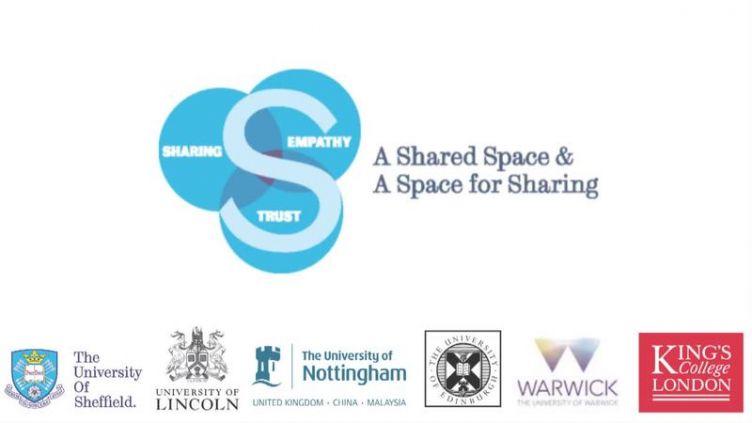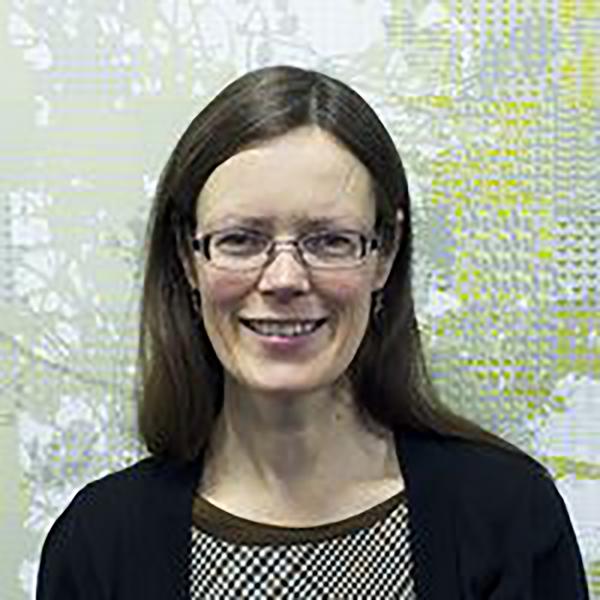Disasters and humanitarian crises
Social media and online sharing of information, experiences and appeals for aid during international natural disasters or humanitarian crises: a qualitative and political theory analysis.
Background
Disaster relief and humanitarian crisis work commonly involves working in very challenging situations. Online communication is already becoming integrated into aid responses. For instance, online communication can save lives by giving real-time information to people, and money transfers via mobile phones can now be made to remote communities without easy access to banks.
Social media and electronic communication have an increasingly significant role to play in the following areas:
- international humanitarian responses Online transnational communication in humanitarian crises is set to play a central role in how our future peace and security is mediated. International aid is a key area through which global empathy is expressed, and trust is potentially built or lost. There are serious challenges associated with the inequality of access to online communication, and with global communication across very unequal societies.
- national domestic online communication between government and other agencies with citizens, and individual citizens with each other.
- security risks faced by humanitarian organisations. Online communication is being embraced by the international humanitarian sector to enhance communication with disaster-affected communities in the context of the ‘bunkerisation’ of international aid staff (Duffield, 2012).
Research methods
- analysed information posted on a range of official UN and NGO information websites, blogs, and social media platforms by individuals involved in international relief work, or individuals affected by natural disaster or humanitarian crises.
- evaluated the role of such information sharing in enhancing survival and resilience across a range of social media platforms.
- undertook a literature review of International Relations research into the use of social media in natural disasters and humanitarian crises (e.g. Mullaney (2012) and others).
- analysed Twitter and other social media data in English related to a) a natural disaster situation (e.g., the recent UK floods) b) a humanitarian crisis situation, and will conducted additional qualitative interviews (online) with a small sample of Twitter and social media users.
- used traditional political theoretical research methods to develop an international political theoretical framework for understanding how global Internet communicative exchanges are creating a global public space and global ethical subjectivities.
- articulated an account of how global ethical concerns in extreme situations are experienced and expressed and are being cultivated through social media, and what it means for the future of international relations and ‘sharing a world of difference’.
Key findings
- Social media undoubtedly opens up the possibility of circulation of ideas across geographic and political divides. It also has the potential, over time, to facilitate societal learning among like-minded individuals who are otherwise members of estranged communities. Eventually, this online interaction should lead to collective, political action in the 'real world'. This, in summary, is how data behaviourists would expect to find out, but that is not what we have found.
- We have discovered that social media is not simply a passive platform allowing interaction among autonomous agents pursuing their curiosity, interest or whatever else they choose. Social media also records, analyses and predicts interaction, feeding its algorithmic findings into the system of interaction.
- During our research we became critical of the optics of data behaviourism, which generated the abovementioned expectations about the transformative social and political role of social media in postconflict, disaster-affected societies.
- Data cybernetics has come to shape the contemporary understanding of the world and the international relations in particular. It shapes our understanding of how the world works and the role of the autonomous human agents in its creation and reproduction. The expectation, integral to this understanding, is that social media could lead to collective action in the 'real world' and we found that social media only encourages individual not collective actions (e.g. migration through and from the Western Balkans, turning it into a modern borderland, a place without any future for those living there or simply passing through).
Articles and blog posts
Publications
Karamshuk, D., Pupavac, M., Shaw, F., Brownlie, J., Pupavac, V., & Sastry, N. (2017). Towards Transdisciplinary Collaboration between Computer and Social Scientists: Initial Experiences and Reflections. In X. Fu, J.-D. Luo, & M. Boos (Eds.), Social network analysis: interdisciplinary approaches and case studies (pp. 21–40).



